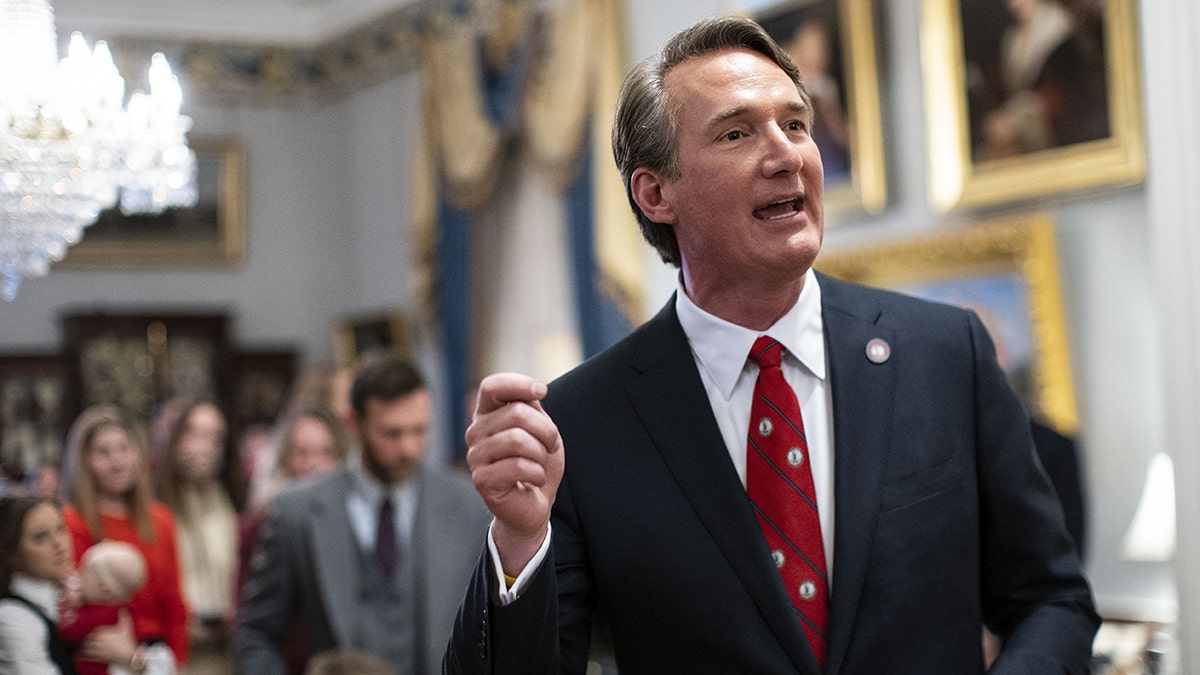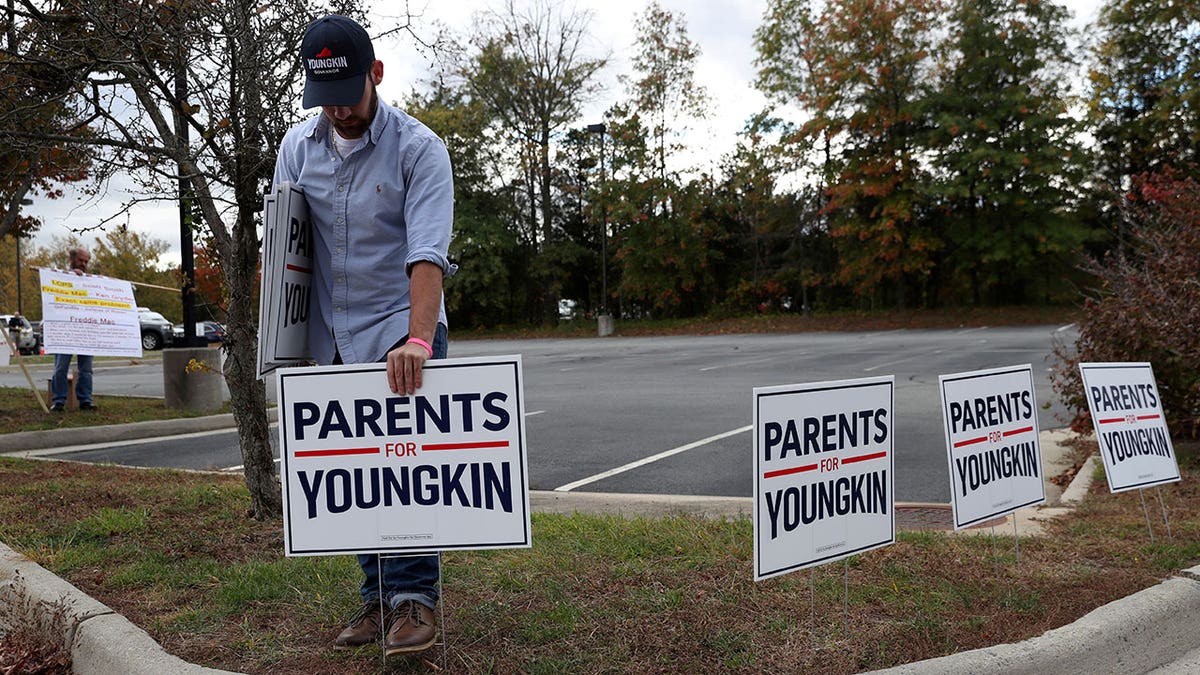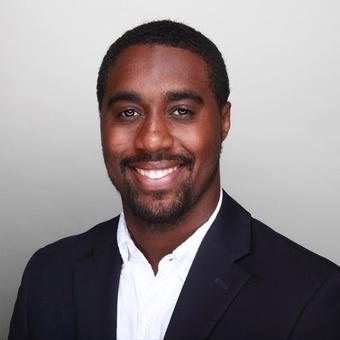Fox News Flash top headlines for June 16
3=kyo5py[vcp[.sFox News Flash top headlines are here. Check out what's clicking on Foxnews.com.
Virginia Gov. Glenn Youngkin made a significant move to bolster the state’s school choice efforts, releasing a statement on Wednesday that he sent "thirty-eight budget amendments" to two budget bills, which included "expanding opportunities for education."
"We’re … restoring educational freedom by protecting the education scholarship tax credits which expand parental choice."
BIDEN, PELOSI, OTHER TOP DEMS SENT KIDS TO PRIVATE SCHOOL BUT OPPOSE SCHOOL CHOICE
The amendment removes the reduction in the cap on the Education Improvement Scholarship Tax Credit [EISTC].
The Virginia EISTC program offers support for low and middle-income families. The program provides an opportunity for at-risk families to have more options to send their children to school using private scholarships from scholarship foundations.
Donors took a credit against Virginia taxes equal to 65% of the donation. They also took a deduction against their net income as a charitable donation on both their federal and state income taxes.
The maximum amount of donations eligible for tax credits in a taxable year was capped at $125,000. The maximum amount of tax credits available annually is $25 million.
Virginia’s General Assembly will consider Youngkin’s amendments on Friday when they reassemble.

Glenn Youngkin, governor of Virginia, speaks to members of the media following a cabinet swearing-in ceremony at the Virginia Executive Mansion, in Richmond, Virginia, U.S., on Saturday, Jan. 15, 2022. Youngkin, former co-CEO of the Carlyle Group Inc., is the first Republican elected to the office since 2009. (Photographer: Al Drago/Bloomberg via Getty Images)
Youngkin championed school choice back in January, saying that he will sign the "largest education budget in Virginia’s history."
"Our goal is that every student will graduate from high school ready to go to college or start a great career. Choice and innovation within public education is vital to achieving that goal … We must empower parents and students with choice and innovation in K-12 public education," Youngkin said in a statement on his website.
The governor also pushed back against critical race theory being taught in schools and mask mandates. Soon after getting elected, Youngkin signed a bill to give parents the choice to opt-out of school mask mandates.
NY TIMES REPORTS ‘SEISMIC’ HIT TO PRIVATE SCHOOLS IN WAKE OF PANDEMIC
Amid the escalating tensions between parents and the board members, education has become a top issue in local and state races across the country. Loudoun County and other areas of Virginia became hotspots in the parental backlash against school board members.

Tristan Thorgersen puts pro-Youngkin signs up as people gather to protest different issues including the board’s handling of a sexual assault that happened in a school bathroom in May, vaccine mandates and critical race theory during a Loudoun County School Board meeting in Ashburn, Virginia. (REUTERS/Leah Millis/File Photo)
Especially in Virginia where parental rights over their children's education were a topic on the gubernatorial debate stage.
Many attributed the success of newly-elected Virginia governor Glenn Youngkin to his position on giving parents the option to mask their children and campaigning against critical race theory.
Furthermore, school choice became a salient issue after the COVID-19-induced lockdowns sparked a conversation on the scope of the government’s authority and the type of content that should be taught to children from public school curricula.
CLICK HERE FOR THE FOX NEWS APP
Many private schools stayed open while public school systems across the country closed in-person learning for entire semesters, even years, and remote learning lifted the veil on what public school kids are actually learning – and not learning.
Private schools across the country reported an uptick in enrollment over the past two years, while public school enrollment declined on a national scale.
Between fall 2019 and fall 2020, total public school enrollment dropped 3% nationwide, erasing a decade of steady growth, according to the U.S. Department of Education.
Meanwhile, total enrollment in independent private schools saw a net growth of 1.7% between 2020 and 2022, NPR reported in December.
Fox News' Jessica Chasmar contributed to this report.

